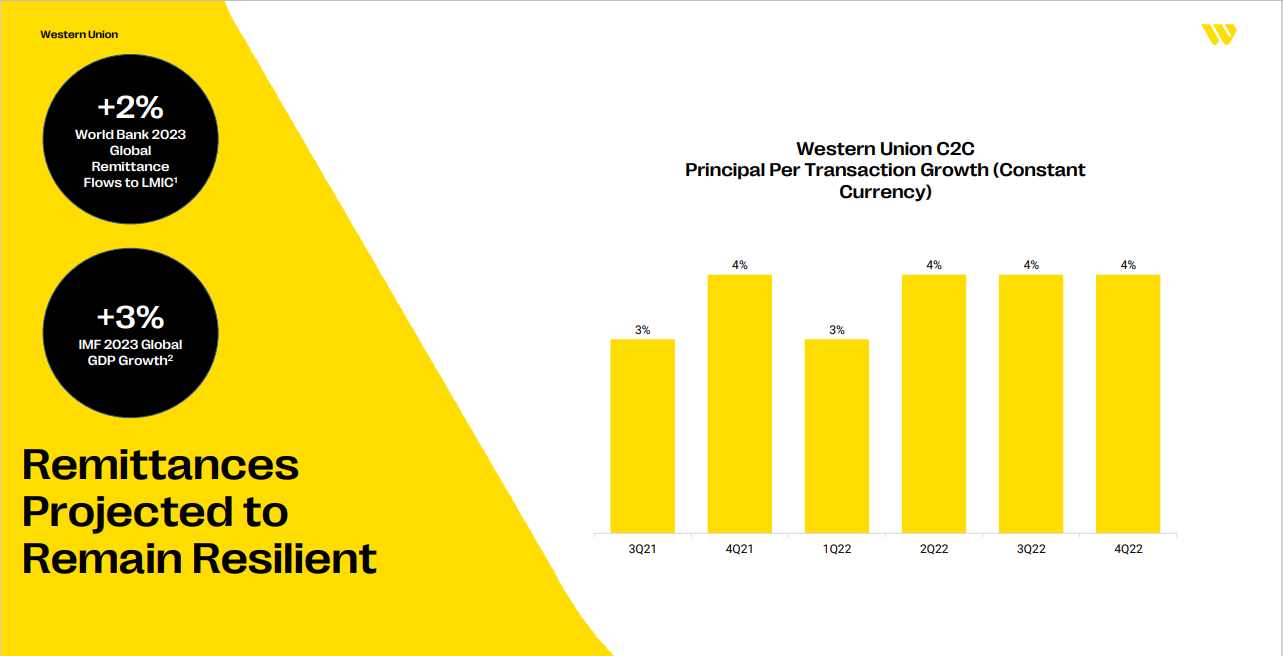
If you are looking for investment opportunities in residential real-estate, you may want to look into residential REITs. This article provides information about residential REITs and their tax consequences. It is possible to make a good investment in residential REITs, but you need to do your research first.
Demand for residential property
In most market conditions, residential real estate is a solid investment option due to the high demand. This type is less vulnerable to economic downturns and has fewer regulations. A wider variety of potential tenants makes it more attractive. Unlike commercial real estate, which is heavily dependent on businesses, residential real estate relies on tenants. It is easier to find and maintain tenants in residential real estate because it is not subjected the zoning laws.
There was an increase in new residential developments in Hyderabad which resulted in a sharp rise in property prices. In addition to this, demand is shifting towards larger homes with more social infrastructure and recreational facilities. Rising construction costs are also contributing to this trend. However, the residential market in Mumbai faced headwinds and recorded a decline of 16.2% year on year and 2.9% quarter-on-quarter.

Characteristics of residential REITs
There are many factors that have fueled the growth of residential REITs, such as a lack of housing supply and the demand for more housing. There is a shortage of single-family homes in most areas. However, multifamily housing demand is increasing and approximately 850,000 units are under construction. Although capitalization rates have increased and construction financing costs have increased, multifamily realty remains attractive to well-capitalized builders and owners.
Resident REITs have the primary purpose of renting housing to tenants. Real estate market fluctuations are more likely to affect rental properties than other types. In fact, during an economic and housing market crash, demand for rental property usually rises. This stability makes residential REALTORS a long-term good investment.
Costs of investing in a residential REIT
Consider the costs of a residential REIT before you invest. Some REITs may charge management fees. Others pay dividends. It is worth looking at the track record of the management team and asking if they are paid on a performance-based basis. Performance-based compensation plans mean that they will invest more in properties that are performing well. You should also examine the fees and underwriting process of your manager. Before investing, you should consider the potential dividend yield and risks associated with REITs. These factors can be found at the REIT’s website or discussed with a professional financial advisor.
Although it may not have the greatest growth potential, residential real estate is one of most stable investments. Renting properties is less vulnerable to market and economic fluctuations. People will always require a place to live. A downturn in either the economy or the housing market can actually cause a rise in rental properties. An investment in a residential REIT makes a great long-term investment.

Tax implications for investing in a residential REIT
A residential REIT's investment can be tax-efficient in many cases. Many REITs invest in properties that are undervalued and can be upgraded to increase the rent. By taking advantage of the tax breaks available to REITs, they do this. Investors may not be aware of the tax implications residential REITs have.
REITs are allowed to capitalize startup and organizational costs. These expenses must also be listed on Schedule K-1, so the investment company cannot deduct them. In addition, any amounts paid for improvements or property production must be capitalized. Only if the repair or maintenance costs are directly related to its trade, a residential REIT is allowed to deduct them.
FAQ
What is the difference between the securities market and the stock market?
The entire market for securities refers to all companies that are listed on an exchange that allows trading shares. This includes stocks, options, futures, and other financial instruments. Stock markets are generally divided into two main categories: primary market and secondary. Stock markets are divided into two categories: primary and secondary. Secondary stock markets let investors trade privately and are smaller than the NYSE (New York Stock Exchange). These include OTC Bulletin Board Over-the-Counter (Pink Sheets) and Nasdaq ShortCap Market.
Stock markets are important as they allow people to trade shares of businesses and buy or sell them. Their value is determined by the price at which shares can be traded. A company issues new shares to the public whenever it goes public. These newly issued shares give investors dividends. Dividends are payments that a corporation makes to shareholders.
Stock markets are not only a place to buy and sell, but also serve as a tool of corporate governance. The boards of directors overseeing management are elected by shareholders. Managers are expected to follow ethical business practices by boards. If the board is unable to fulfill its duties, the government could replace it.
What is the difference in a broker and financial advisor?
Brokers are specialists in the sale and purchase of stocks and other securities for individuals and companies. They take care of all the paperwork involved in the transaction.
Financial advisors have a wealth of knowledge in the area of personal finances. They can help clients plan for retirement, prepare to handle emergencies, and set financial goals.
Banks, insurance companies or other institutions might employ financial advisors. They can also be independent, working as fee-only professionals.
Take classes in accounting, marketing, and finance if you're looking to get a job in the financial industry. Additionally, you will need to be familiar with the different types and investment options available.
How does inflation affect the stock market
Inflation has an impact on the stock market as investors have to spend less dollars each year in order to purchase goods and services. As prices rise, stocks fall. You should buy shares whenever they are cheap.
Why is a stock security?
Security is an investment instrument whose worth depends on another company. It may be issued either by a corporation (e.g. stocks), government (e.g. bond), or any other entity (e.g. preferred stock). If the underlying asset loses its value, the issuer may promise to pay dividends to shareholders or repay creditors' debt obligations.
What are the advantages of owning stocks
Stocks are more volatile than bonds. If a company goes under, its shares' value will drop dramatically.
But, shares will increase if the company grows.
In order to raise capital, companies usually issue new shares. Investors can then purchase more shares of the company.
To borrow money, companies use debt financing. This allows them to borrow money cheaply, which allows them more growth.
People will purchase a product that is good if it's a quality product. The stock will become more expensive as there is more demand.
The stock price should increase as long the company produces the products people want.
Statistics
- Ratchet down that 10% if you don't yet have a healthy emergency fund and 10% to 15% of your income funneled into a retirement savings account. (nerdwallet.com)
- Individuals with very limited financial experience are either terrified by horror stories of average investors losing 50% of their portfolio value or are beguiled by "hot tips" that bear the promise of huge rewards but seldom pay off. (investopedia.com)
- For instance, an individual or entity that owns 100,000 shares of a company with one million outstanding shares would have a 10% ownership stake. (investopedia.com)
- The S&P 500 has grown about 10.5% per year since its establishment in the 1920s. (investopedia.com)
External Links
How To
How to open a trading account
The first step is to open a brokerage account. There are many brokers that provide different services. There are some that charge fees, while others don't. Etrade, TD Ameritrade and Schwab are the most popular brokerages. Scottrade, Interactive Brokers, and Fidelity are also very popular.
Once you have opened your account, it is time to decide what type of account you want. You should choose one of these options:
-
Individual Retirement Accounts, IRAs
-
Roth Individual Retirement Accounts
-
401(k)s
-
403(b)s
-
SIMPLE IRAs
-
SEP IRAs
-
SIMPLE 401K
Each option has different benefits. IRA accounts offer tax advantages, but they require more paperwork than the other options. Roth IRAs are a way for investors to deduct their contributions from their taxable income. However they cannot be used as a source or funds for withdrawals. SIMPLE IRAs are similar to SEP IRAs except that they can be funded with matching funds from employers. SIMPLE IRAs are simple to set-up and very easy to use. These IRAs allow employees to make pre-tax contributions and employers can match them.
Finally, determine how much capital you would like to invest. This is known as your initial deposit. Most brokers will offer you a range deposit options based on your return expectations. Based on your desired return, you could receive between $5,000 and $10,000. The lower end of the range represents a prudent approach, while those at the top represent a more risky approach.
Once you have decided on the type account you want, it is time to decide how much you want to invest. You must invest a minimum amount with each broker. The minimum amounts you must invest vary among brokers. Make sure to check with each broker.
After choosing the type account that suits your needs and the amount you are willing to invest, you can choose a broker. Before selecting a broker to represent you, it is important that you consider the following factors:
-
Fees - Make sure that the fee structure is transparent and reasonable. Many brokers will try to hide fees by offering free trades or rebates. However, some brokers actually increase their fees after you make your first trade. Don't fall for brokers that try to make you pay more fees.
-
Customer service - Find customer service representatives who have a good knowledge of their products and are able to quickly answer any questions.
-
Security - Look for a broker who offers security features like multi-signature technology or two-factor authentication.
-
Mobile apps - Check if the broker offers mobile apps that let you access your portfolio anywhere via your smartphone.
-
Social media presence: Find out if the broker has a social media presence. If they don’t, it may be time to move.
-
Technology - Does this broker use the most cutting-edge technology available? Is the trading platform easy to use? Are there any problems with the trading platform?
Once you have decided on a broker, it is time to open an account. Some brokers offer free trials while others require you to pay a fee. After signing up, you'll need to confirm your email address, phone number, and password. You will then be asked to enter personal information, such as your name and date of birth. You'll need to provide proof of identity to verify your identity.
Once verified, you'll start receiving emails form your brokerage firm. These emails contain important information and you should read them carefully. You'll find information about which assets you can purchase and sell, as well as the types of transactions and fees. Also, keep track of any special promotions that your broker sends out. These promotions could include contests, free trades, and referral bonuses.
The next step is to create an online bank account. Opening an online account is usually done through a third-party website like TradeStation or Interactive Brokers. Both sites are great for beginners. You will need to enter your full name, address and phone number in order to open an account. Once you have submitted all the information, you will be issued an activation key. This code will allow you to log in to your account and complete the process.
You can now start investing once you have opened an account!